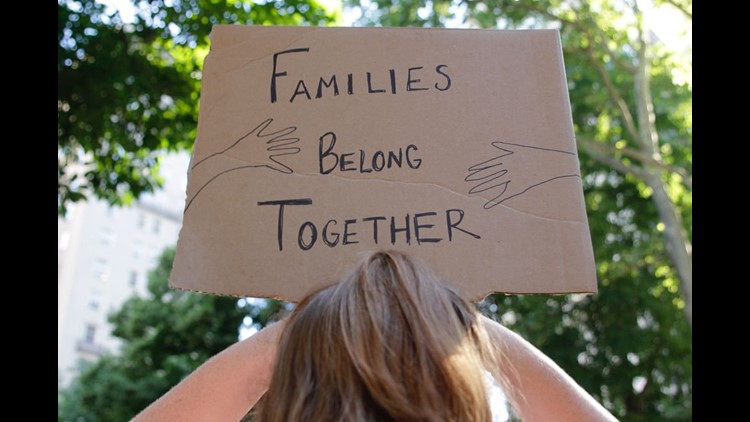SPRINGFIELD (Illinois News Network) – A New Illinois law provides more childcare for families with children at risk of entering the child welfare system.
The law, House Bill 4885, provides child care for children younger than 5 who are part of an Illinois Department of Children and Family Services intact family case. After the DCFS case is closed, the families get an additional six months of child care.
The Intact Family Services, provided through DCFS, helps at-risk families with assistance for housing, job training and substance abuse counseling. The goal is to keep families together.
State Rep. Robyn Gabel, D-Evanston, was the chief sponsor of the measure, which passed both chambers without opposition.
“Children thrive when their families are healthy,” Gov. Bruce Rauner said in a statement after signing the bill into law. “We want to make sure families stay together. Child care services are critical when it comes to helping parents rebuild, and this additional time gives them an opportunity to transition into new routines after their involvement with DCFS ends.”
DCFS Acting Director Beverly B.J. Walker said intact cases are those where abuse or neglect may have been investigated, but did not result in the children being taken from the family.
Walker said stable childcare is crucial for families in this situation.
“The one thing that we thought would be most beneficial is the opportunity for those young kids to be in childcare settings,” she said.
DCFS discovered that there were a large number of children in the department’s caseload ranging from infants to 3-year-olds who were not in child care. She said if a family is already struggling, finding adequate child care can become another stressor.
The service will be a joint effort between two state agencies.
“This is a collaborative work between DHS (Department of Human Services) and DCFS to wrap our arms around families with the very youngest children,” Walker said.
The goal is to strengthen families so they don’t return to the system again. She also pointed out two other benefits of the new law.
“One is with the young child, him or herself and their development,” Walker said. “But No. 2, it’s going to strengthen the ability of that family to stabilize.”
She said that providing consistent child care will allow kids to be more settled and focused but also will allow parents to focus on other issues and challenges.
“We want to work with the families to help them transition to work so then we can turn around and work with DHS around work and getting them economically stable as well.”
The new law takes effect Feb. 14, 2019.



